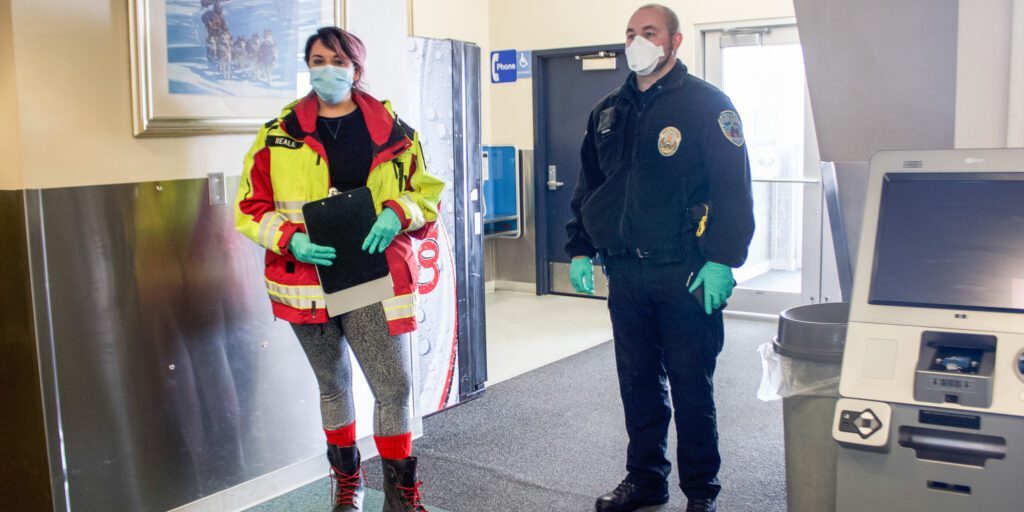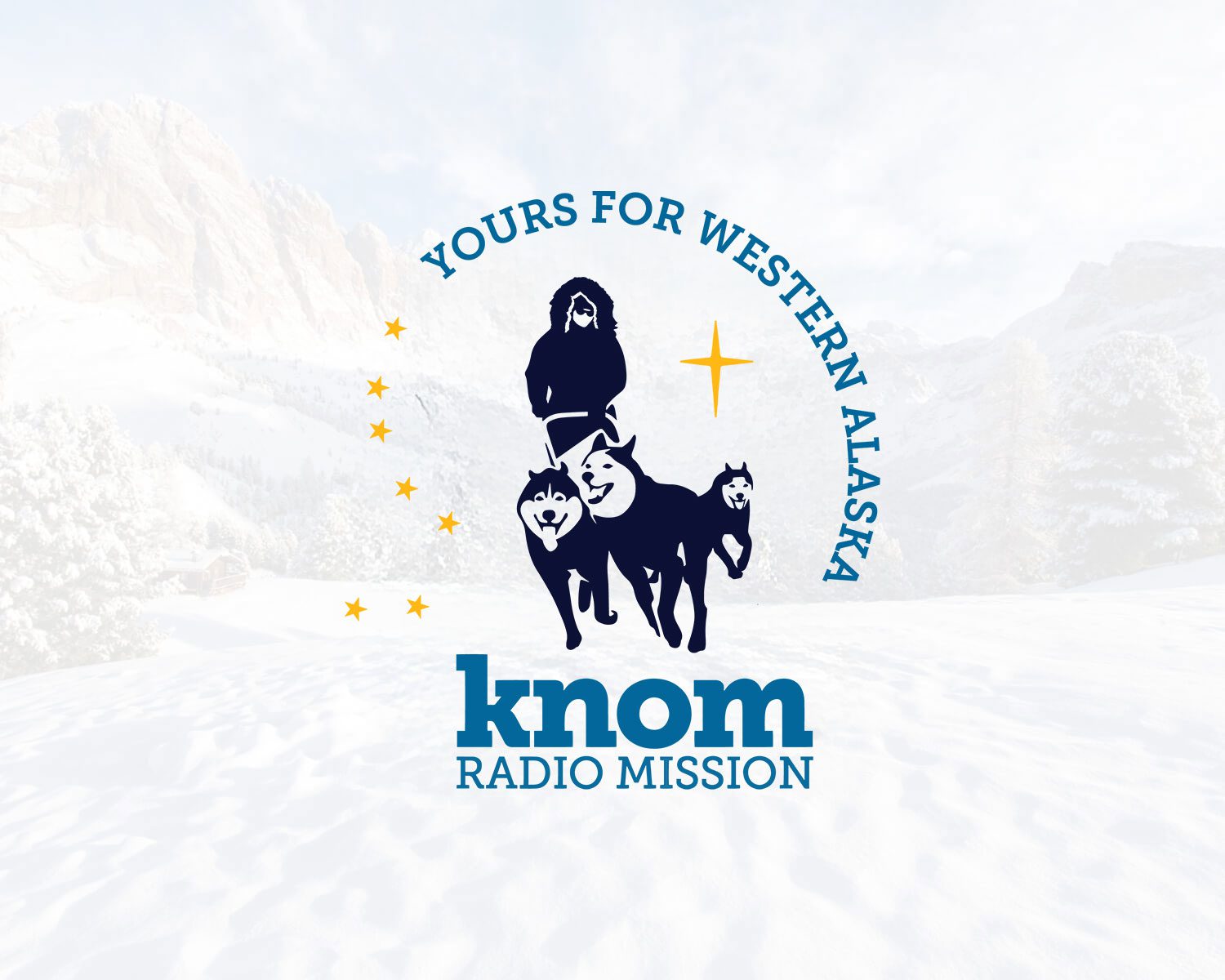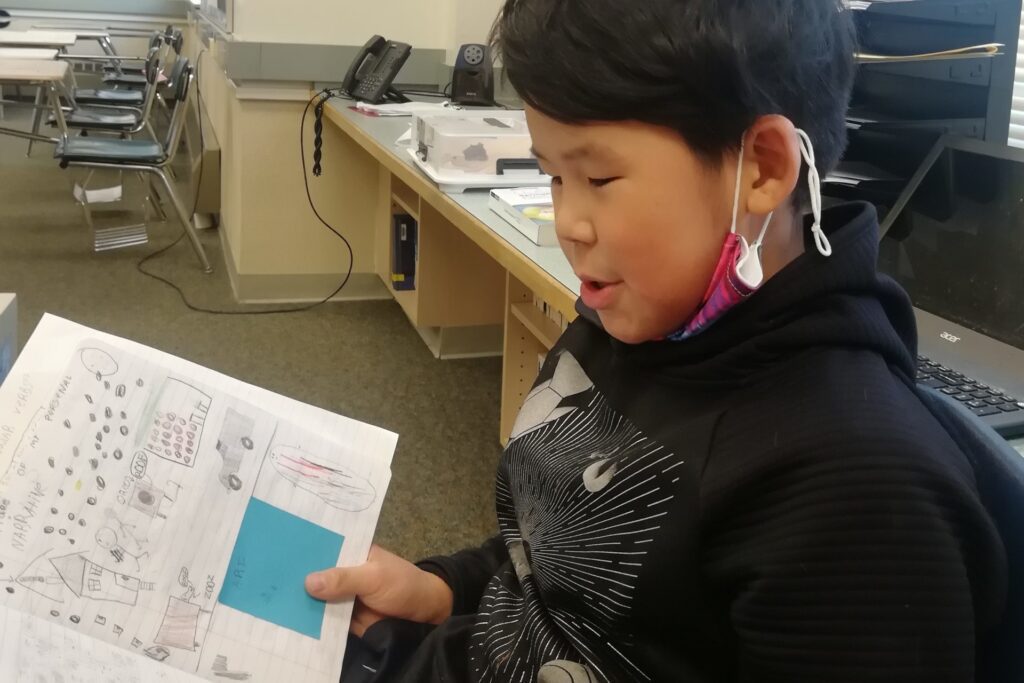The solidarity and unified desire to see rural Alaska communities spared from the worst of the pandemic has required severe travel restrictions, social sacrifice and economic hardship.
In places where many live in close quarters, sometimes without running water and sewer, and with little access to medical assistance, COVID-19 is taken very seriously. Leaders have shared concern over the difficulty of quarantining in villages for those returning home. For youth, the sports season ended prematurely and much anticipated summer camps are canceled. Some schools are 3D printing medical equipment, like face shields, for local clinics.
Ravn Air, which served most of rural Alaska with mail and passenger service, declared bankruptcy in early April. There is also a request from the city of Dillingham to shut down fisheries that represent a major piece of the Alaska economy.
The full impact of COVID-19 will likely not be known for several months. In the meantime, Norton Sound Economic Development Corporation (NSEDC) has announced an additional energy subsidy to local households.
Senator Dan Sullivan recently explained to listeners how funds from the federal stimulus package can be accessed in rural Alaska. “I know that so many of you, along with your communities and Alaska Native corporations, are stepping up to provide creative solutions to help where you can,” he told listeners. Norton Sound Health Corporation has announced they received a donated shipment of 1000 surgical masks, 5000 N-95 masks, 10 extra hospital beds, and assorted reusable disposable gloves and gowns from a Christian relief organization.
Image at top: EMTs and police officers have maintained a presence at Nome’s airport to instruct travelers about quarantine measures and travel restriction






